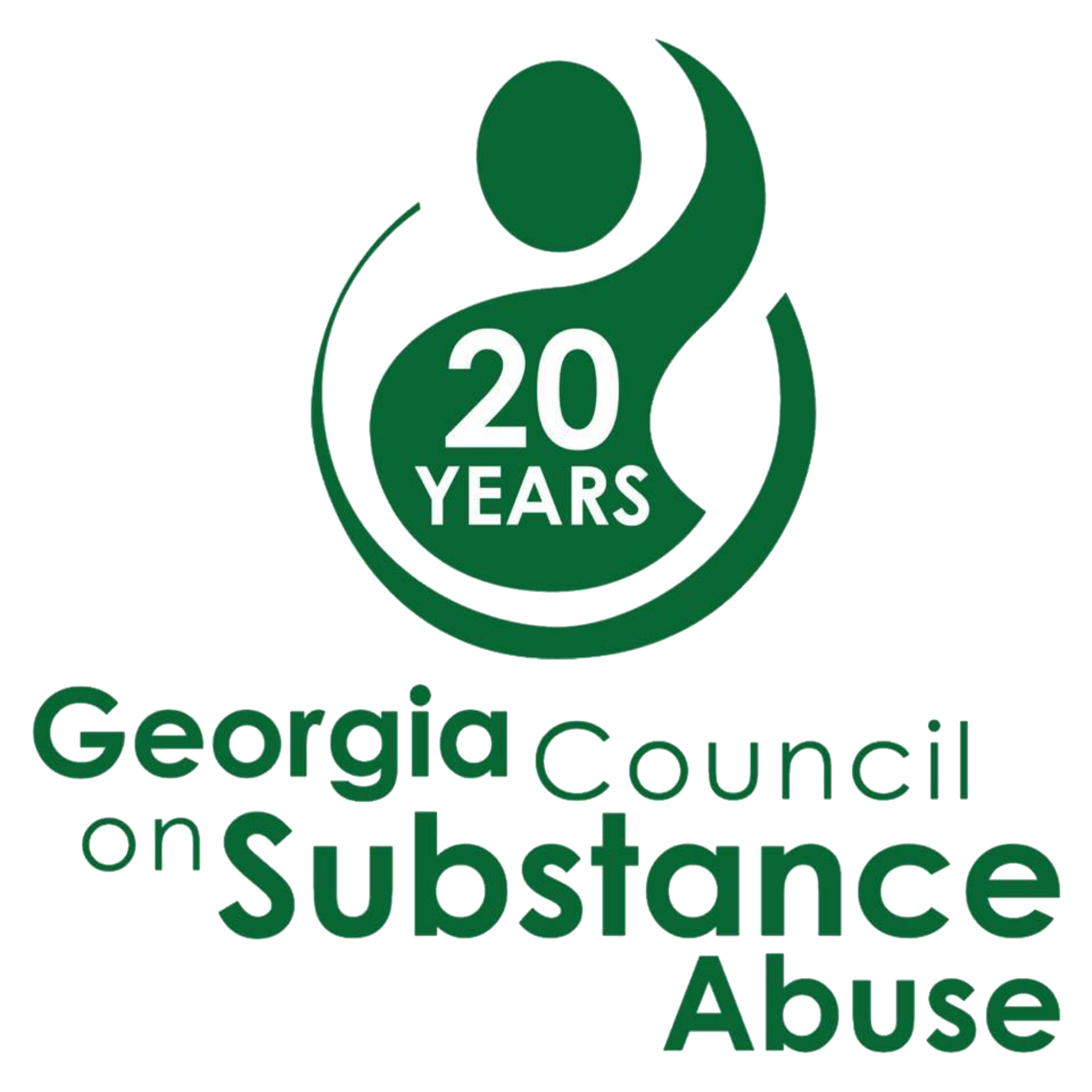The Georgia Council on Substance Abuse (GCSA) representing over 800,000 people in the Georgia Recovery Community appreciate Congress providing support for our community with State Opioid Response (SOR) grants. These important funds are saving lives in communities across Georgia.
Unfortunately, there has been a recent decision to restrict the use of these lifesaving funds which excludes providing support for anyone who needs support for alcohol use disorder (AUD). GCSA calls on the Georgia Congressional Delegation to support giving states greater flexibility, opportunity, and resources to include the treatment of AUD in the administration of State Opioid Response SOR grants to meet the needs of our citizens.
According to the Substance Abuse and Mental Health Services Administration (SAMHSA), AUD was the most common substance use disorder among adults in 2018, affecting an estimated 14.8 million Americans nationwide. AUD is a chronic brain disorder that is characterized by an impaired ability to stop or control alcohol use despite adverse social, occupational, or health consequences.
Regarding its impact on communities, the Centers for Disease Control and Prevention (CDC) reports that the estimated cost of excessive drinking was $249 billion in 2010, the last year for which an estimation is available. We ask that federal programs provide the same opportunity and resources for AUD treatment as other substance abuse disorders, which have been the focus of significant attention in Congress.
Addiction is addiction. In the real world, in hospital emergency departments across Georgia doctors, nurses, and peer counselors all know the same thing – people in crisis almost always are involved with multiple substances, not just opioids or methamphetamine.
It might make academic or bureaucratic sense to segregate out types of substances available for support with SOR grants, but in communities across Georgia this policy is putting lives at risk, denying service to those who need support, and complicating the process in a disastrous manner.
This new administrative policy is having negative unintended consequences limiting flexibility, opportunity, and resources to include the treatment of AUD in the administration of State Opioid Response SOR grants to meet the needs of our citizens in communities across your district. We are at your service to discuss this matter or any policy issue relating to Substance Use Disorder.

